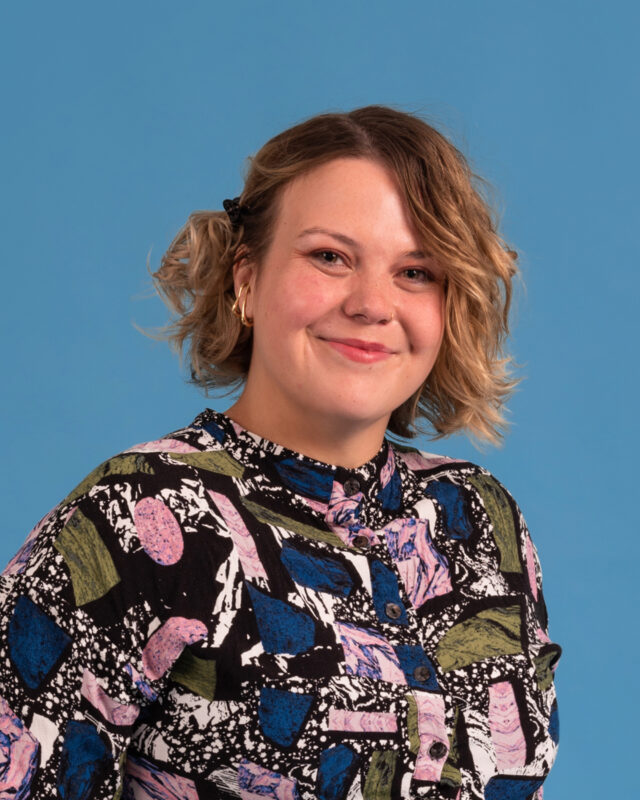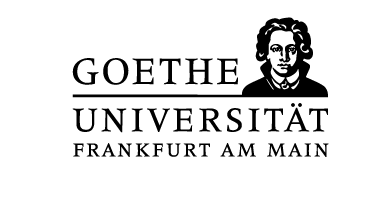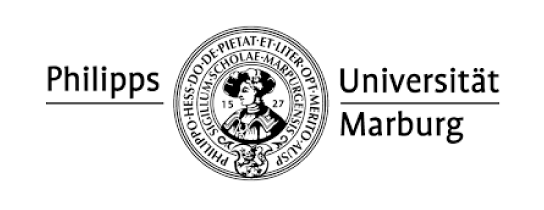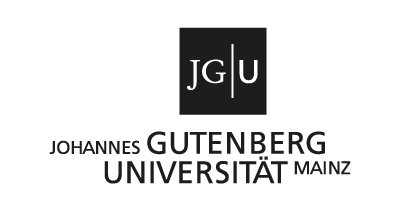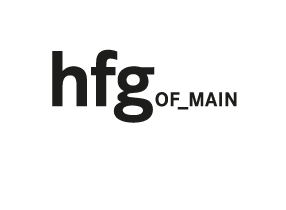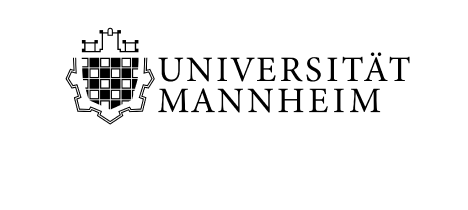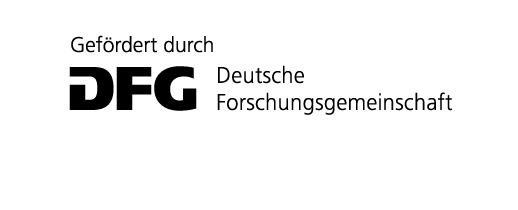The Ear Does Not Overlook. Foley Artists between Embodied Practice and Institutional Power of Definition
My doctoral project investigates what it means to produce noises and yet remain unheard. At its centre lies the marginalisation of Foley artists, particularly women, whose indispensable contributions to film sound have long been regarded as secondary to the image and often dismissed as mere craft. This invisibility manifests itself both in archives, which rarely record their work, and in legal frameworks that fail to recognise their authorship.
Drawing on my own practice as a Foley artist, I combine artistic research with an analysis of embodied knowledge. Foley work is grounded in what Michael Polanyi described as tacit knowledge – implicit, bodily knowledge that can only be transmitted through action, gesture, and material engagement. This artisanal-performative dimension has often been rendered invisible in film history. Women such as Beryl Mortimer, who created central soundscapes for international productions over decades, were reduced in credits and archives to “sound effects”, while the term “Foley” was only attached posthumously to Jack Foley, thereby reinforcing a male-centred heroic narrative.
Institutional definitions continue to perpetuate this marginalisation. The FIAF classifies Foley as “technical craft” and the Motion Picture Editors Guild describes it as “semi-skilled work”. Such definitions systematically deny its creative dimension. Interviews with practitioners such as Alison D. Moore demonstrate how these designations directly affect working conditions, remuneration, and recognition. My own experiences, for instance performing as a soloist at Let’s Play in the Elbphilharmonie Hamburg in 2024, show that noisemaking is an artistic practice that unfolds as an autonomous and performative form of authorship both in the concert hall and in the studio. The gap between institutional categorisation and artistic practice underscores the urgent need to rethink authorship and intellectual property in media production.
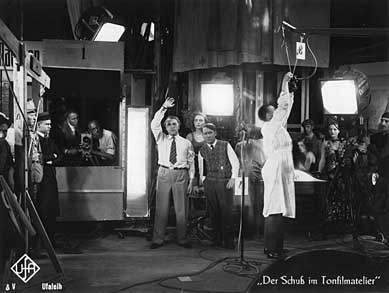
Profile
Simone Nowicki is a doctoral candidate at the DFG Research Training Group “Configurations of Film” at Goethe University Frankfurt, supervised by Prof. Vinzenz Hediger, and works as a Foley artist. Her research combines archival work – including the Lautarchiv Berlin, the German Broadcasting Archive, and the Margaret Herrick Library in Los Angeles – with artistic research in performances, sound installations, and interviews.
Alongside her academic work, she develops sound concepts for museums and exhibitions, including the Arolsen Archives, the Stiftung Preußischer Kulturbesitz, and documenta 15. A particular focus of her artistic practice lies in live Foley performance, where the embodied dimension of noisemaking becomes visible. Most recently, she has performed at the Elbphilharmonie Hamburg (2024) and at the ARD Radio Play Days in Karlsruhe. Since 2025 she has also served as Chair of the Sound Studies Network at NECS and is one of the organisers of the international conference “Moving Image Remains: On the Refusal to Disappear” (Goethe University Frankfurt, 29–31 January 2026).
Contact
My work thrives on interdisciplinary dialogue, interviews, and shared experiences. I welcome feedback, collaborations, and suggestions.
nowicki@tfm.uni-frankfurt.de | kontakt@simone-nowicki.org
Linktree: simonenowicki
Selected Talks
- Who Owns the Echo? Foley Artistry, Copyright, and the Politics of Sonic Visibility, NECS 2025 Conference, Lisbon.
- The Ear Does Not Overlook. Foley and Invisibility, Kiel Conference on Film Music 2025, Köln.
- Panel on the Archiving of Foley Sound, in collaboration with Jonáš Kucharský, Vinzenz Hediger, Sara Pinheiro, Archival Assembly 2024, Berlin.
Publications and Media
- Verortung unmöglich? – Audio feature (2022), awarded the Claus-Dieter-Krohn Prize (Körber Foundation, DFF)
- Einblendungen. Elemente einer jüdischen Filmgeschichte der Bundesrepublik (Neofelis Verlag, 2022)
- Transitionen. Filmische Dimensionen des Übergangs (Conference volume, 2024)
- Frankfurter Allgemeine Zeitung (Jan 2025): Portrait How an Audiobook is Made
- Süddeutsche Zeitung / dpa (Sept 2024): Report Open Monument Day, Speyer
- SWR Handwerkskunst! (March 2024): TV documentary How to Dub a Film Scene
- Hamburger Abendblatt (Feb 2024): Report Let’s Play, Elbphilharmonie
- Deutschlandfunk Kultur – Kompressor (2023): Interview on Foley work
- freundin magazine (2025): Feature on my practice
